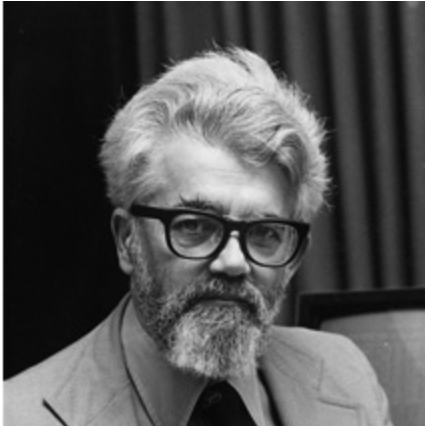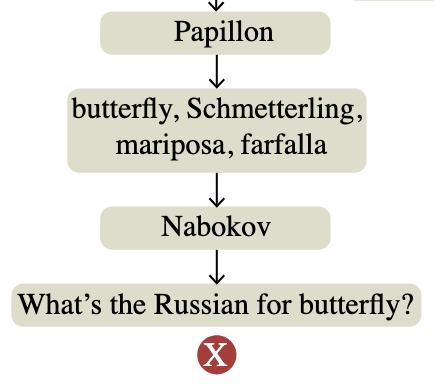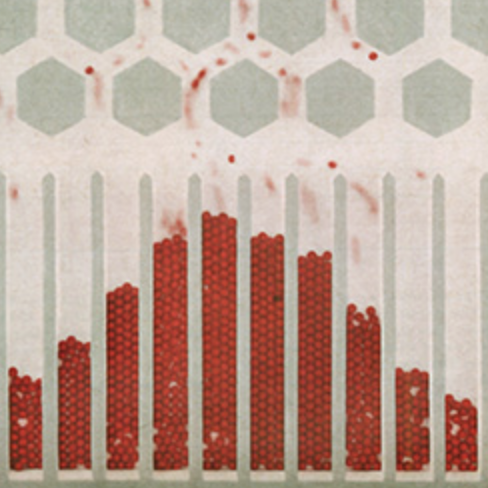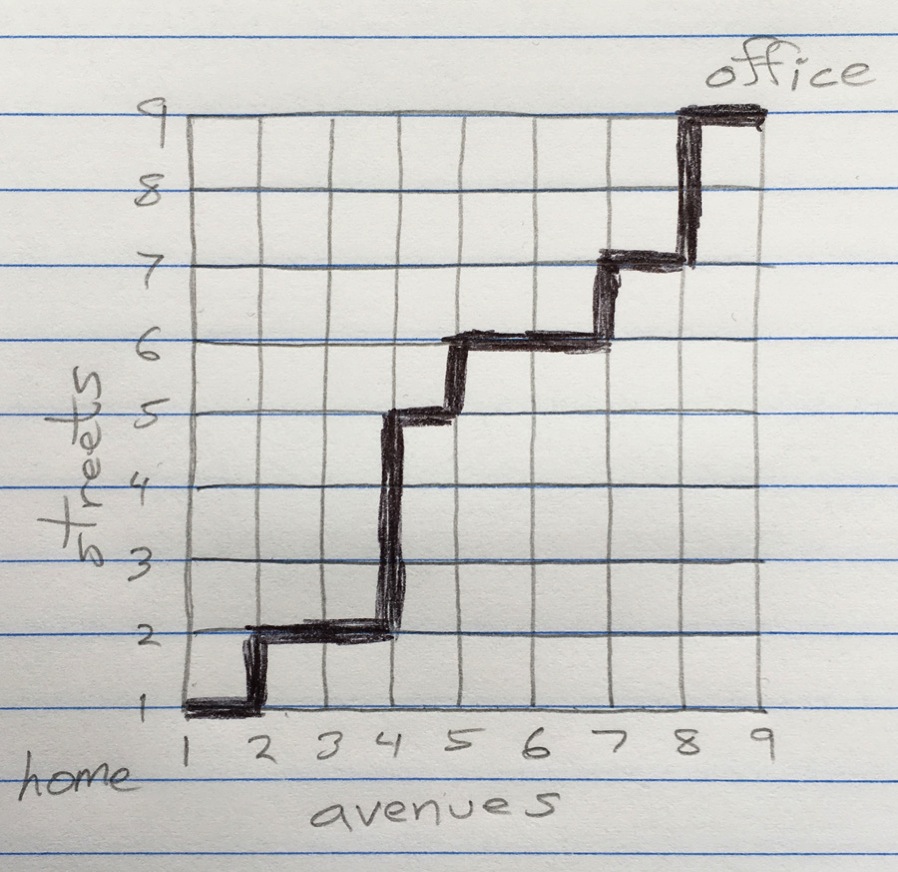DCLXVI
by Brian Hayes
Published 6 June 2006
The ABC Evening News ended today’s broadcast with a riff on the date—06/06/06. We heard about a 6-pound, 6-ounce newborn, and a 66-year-old man celebrating his birthday. I’ve always been a little perplexed by this fascination with 666. The book that started it all (Revelation, or The Apocalypse of John) was written a full millennium before the Hindu-Arabic numeral “6″ appeared on the scene. The idea of place-value notation, which is essential if we want to give any meaning to “666,” was still centuries in the future. If we’re worried about “the number of the beast,” shouldn’t we be looking out for the dread sequence of symbols DCLXVI?
Responses from readers:
Please note: The bit-player website is no longer equipped to accept and publish comments from readers, but the author is still eager to hear from you. Send comments, criticism, compliments, or corrections to brian@bit-player.org.
Publication history
First publication: 6 June 2006
Converted to Eleventy framework: 22 April 2025




>> dread sequence of symbols DCLXVI.
Since John wrote in Greek, that’s not the sequence either!
Reply: Good point! I think there’s actually some question about the original language of composition—it might have been Aramaic—but you are surely right that it wasn’t Latin. Trouble is, I don’t know how to do Greek or Aramaic numerals in HTML.
The Greek text doesn’t use numerals of any kind; it spells the number out: hexakosioi hexákonta hex.
–Brian.